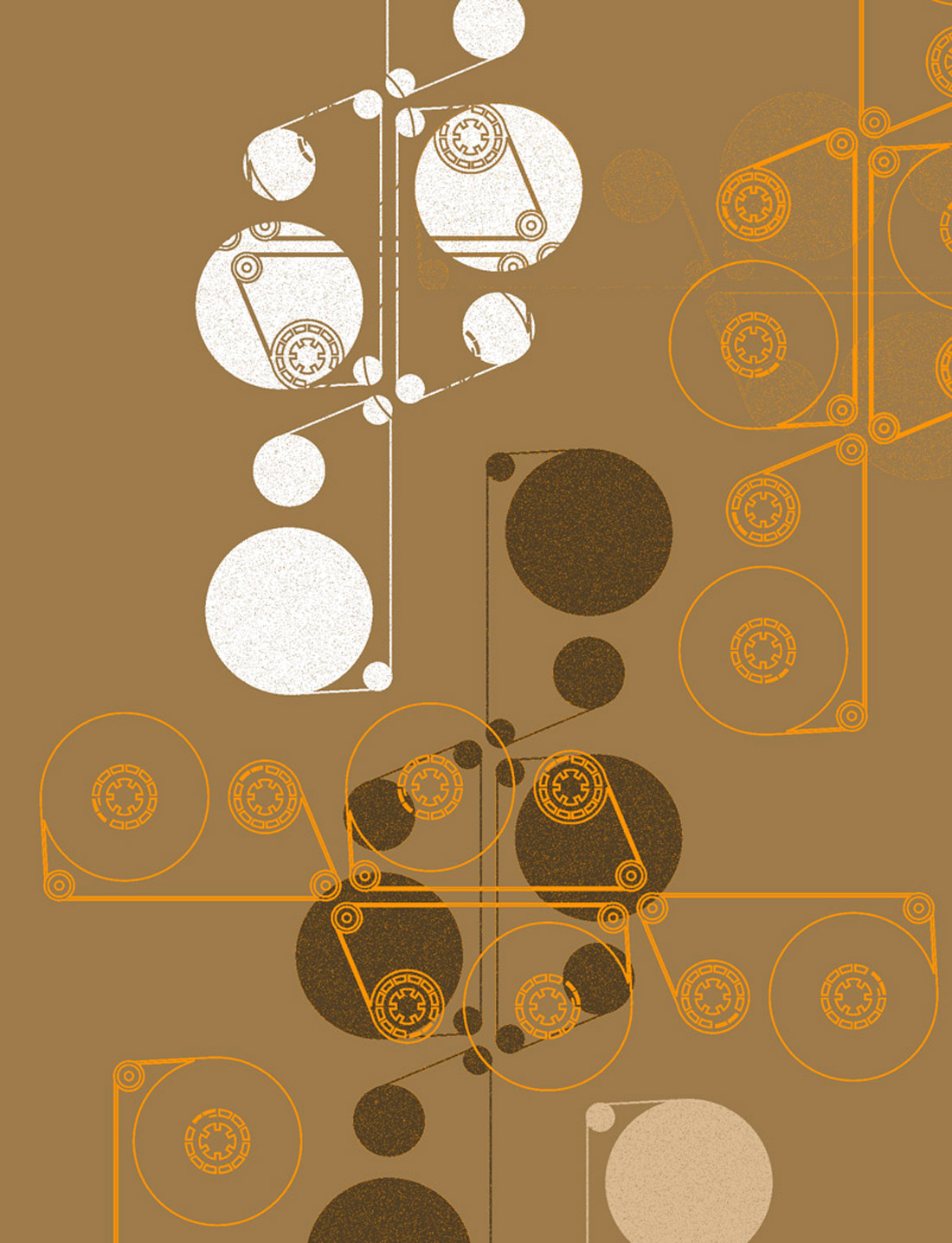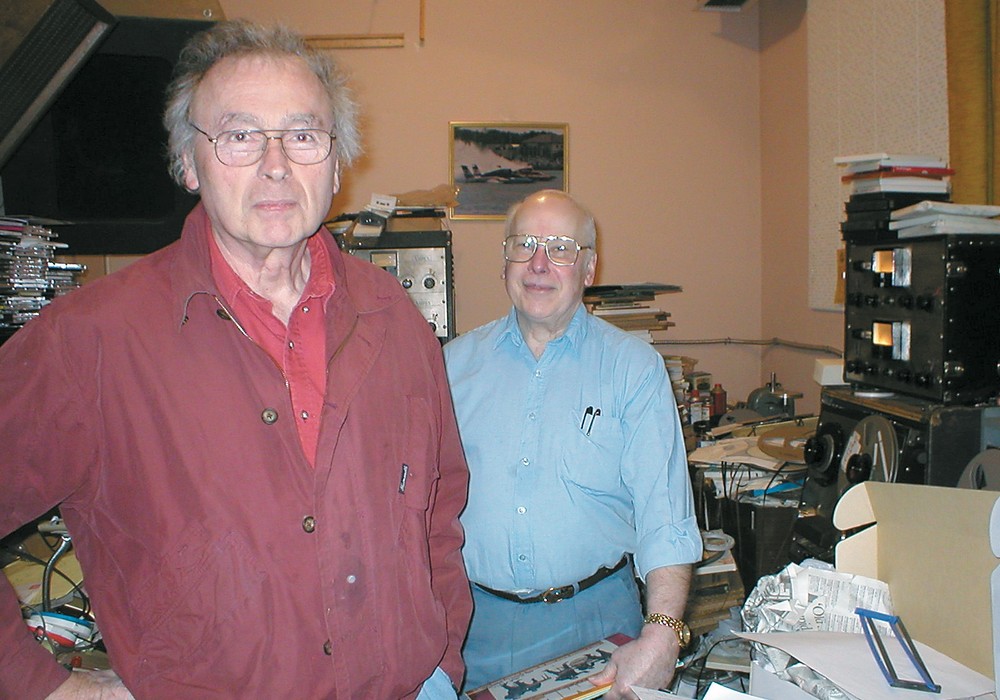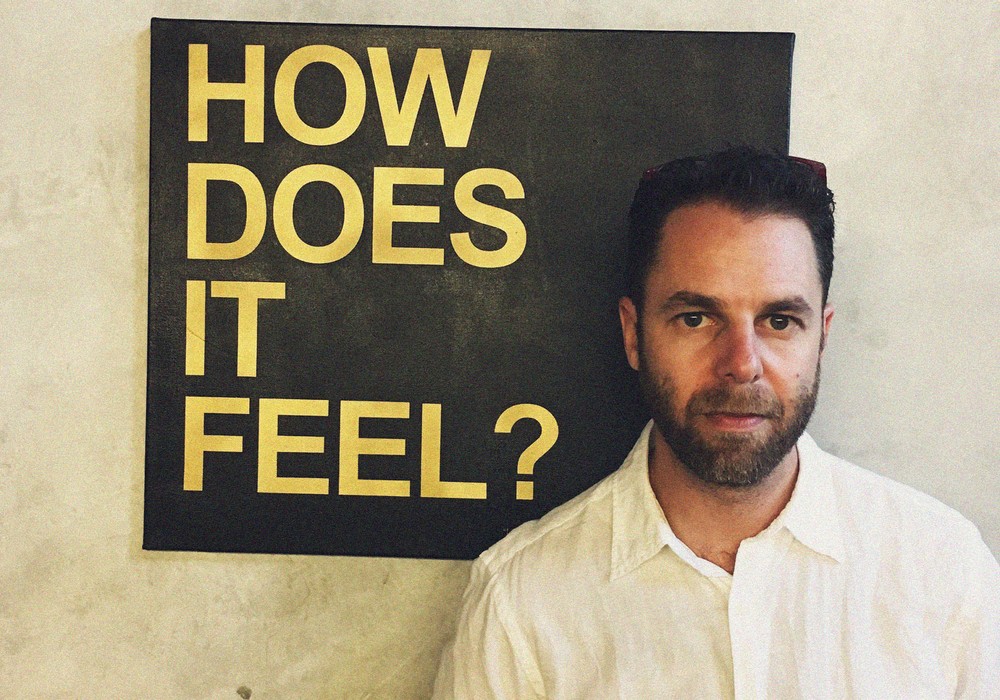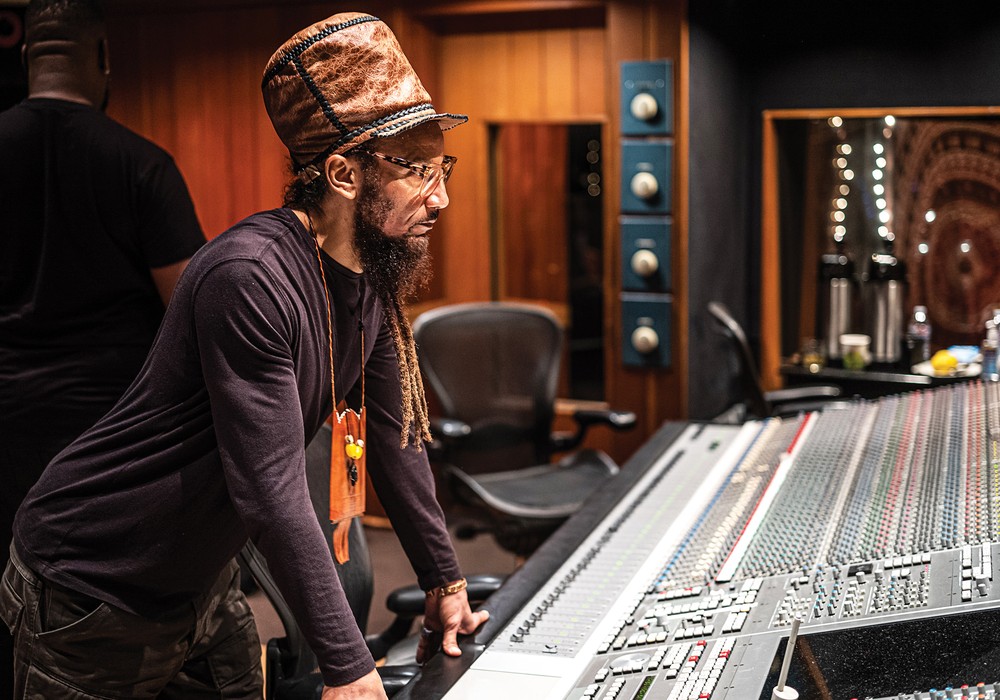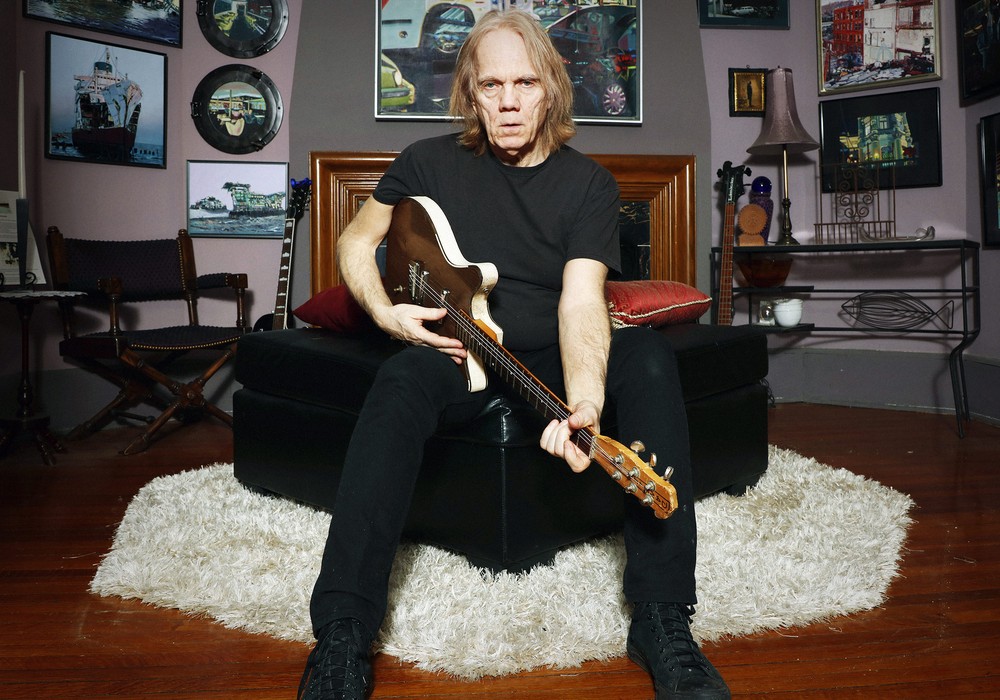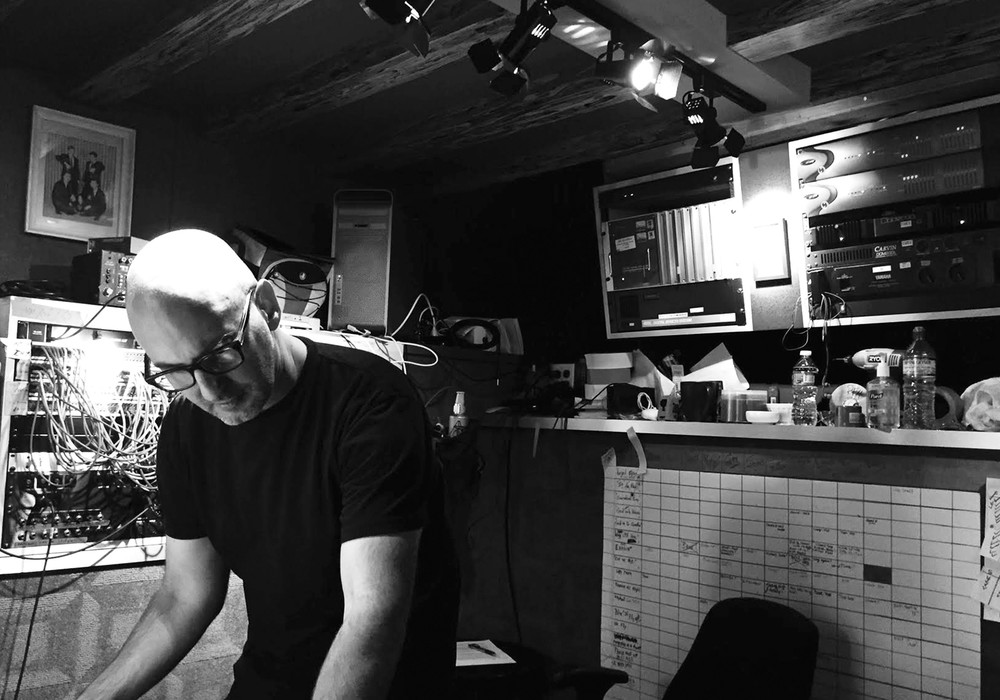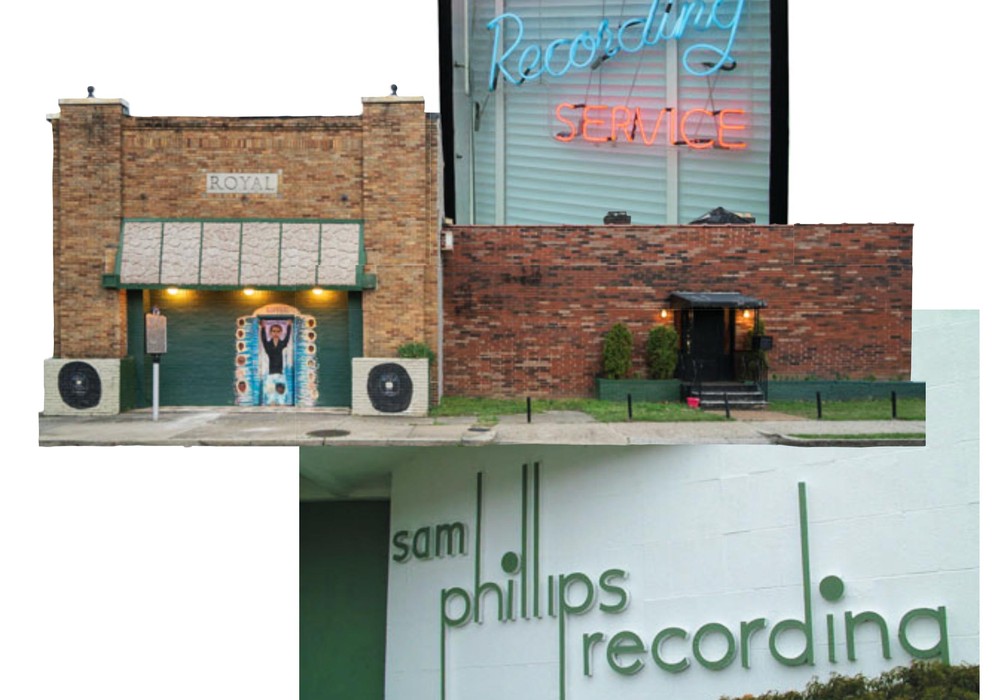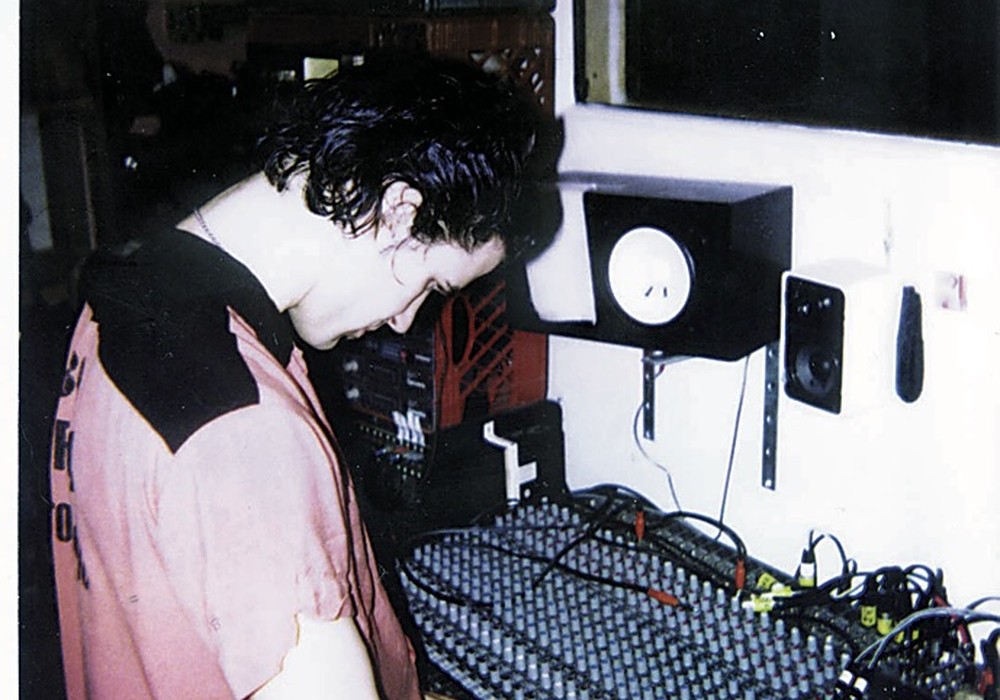"I did everything I did against the grain and in spite of people's opinions. All those supposedly great songs were done with no 'No's' — I don't think I could have done it any better doing it the 'right' way."
Years ago a reader wrote in asking if we'd ever thought of interviewing a producer/engineer known simply as "Mack." Apparently this man had engineered a majority of the Electric Light Orchestra albums, co-produced some of Queen's best-known work, produced Billy Squier's biggest hits, as well as working with Sparks, Black Sabbath, T. Rex and many others. At the time I could not find this "Mack," and was unsure whether or not he was still in his native Germany. As years went by, I heard nothing. Then, one day, a member of the band Shazam (Jeremy Asbrock) claimed to be working with Reinhold Mack on a new album. He pointed me towards Mack; eventually I found myself sitting in a room full of platinum records and recording equipment chatting for several hours with a man who quietly changed the sound of modern pop records without making much of a fuss about it himself. You'll see...
Things you've worked on are fantastic. It's very wide reaching.
Thank you.
Your work is sonically influential, yet it's impossible to find out information about you. Why are you the invisible man?
No reason. It's probably because I'm not an extrovert. I don't tell everyone how fantastic everything [I do] is. There are people who can't live a minute without telling everyone how great everything is. I think if you can handle your tools, you should just do so and do the best you can. The tap dancing is usually a sign of insecurity to me. Either you know what you're doing or you're using a cover.
So, you think someone who's using a bit more bluster is covering up for something?
Yeah, or maybe it's just a mentality, "I'm working with cool people and everyone should know about it!" It's probably not the best way to promote oneself. [laughter]
It doesn't seem like it would hurt any!
I don't know. I've picked up most jobs at bars, at shows or on tour. Whenever I've had a manager, I haven't worked as much. If you're on a list it's very tricky unless you're in the top three.
How did you get your start in recording studios? I traced you back to MusicLand Studios in Munich. What were you doing before that?
I was in school and then the army. I didn't like that at all! I wasn't good at school — I was more of a bully then. In Germany, if you're not enrolled in college there's an automatic draft. You get your number and your rifle and off you go. Before that I was playing a bit in a band.
What instrument?
Guitar. I originally learned nine years of classical piano training. I also played clarinet and a little bit of straightforward Spanish guitar. What I really wanted to do after getting out of the army was get into a band again. My parents had a business selling musical instruments, so I'd wait until their store closed to practice. I'd go into the stock room, pick out my amps and whatnot. Because of that, I had fairly decent equipment. When I got back from the army, it turned out my mom had taken it upon herself to sell all of my stuff! I had no future income and that made it hard to start up again. I figured out probably the best way to get started wasifIwasinastudio-thenI'dbeclosebyand I could say, "Hey, I can do that." I looked in the phone book for recording studios — it took me about five months to land a job. At the very bottom [of the phone book listing] was Union Studios. A guy said I could come by the studio; he introduced me to the engineers and it became a real possibility that I could work there. What I didn't know at the time was that the studio manager had just started a couple of months before me. He paid me in advance for three months work. I became friends with the chief engineer there.
He was a classical guy. He was very impressed that I could remember and do things in the studio, because I learned by watching him. I parroted what I saw and heard him do — I charted everything down and set things up the way he would have. Then I had another extremely lucky break for me when the German Krautrock started. Amon Düül... a lot of these names I can't even remember. The engineer was working with a band and they had a huge argument. They were bringing in albums and they'd say, "I want it to sound like this. I want it to sound like that." "Why can't you do it like...?"
And that's coming from the Krautrock bands asking for a different kind of recording?
Yeah. A lot of it was really standardized. "You don't put expensive mics close to the drum kit." The usual crap. He said, "Look, I don't have to do this job. I'm a qualified brain surgeon" and left! So, there I was. The band looked at me and said, "Can you do it?" And I said, "Sure." I excused...
